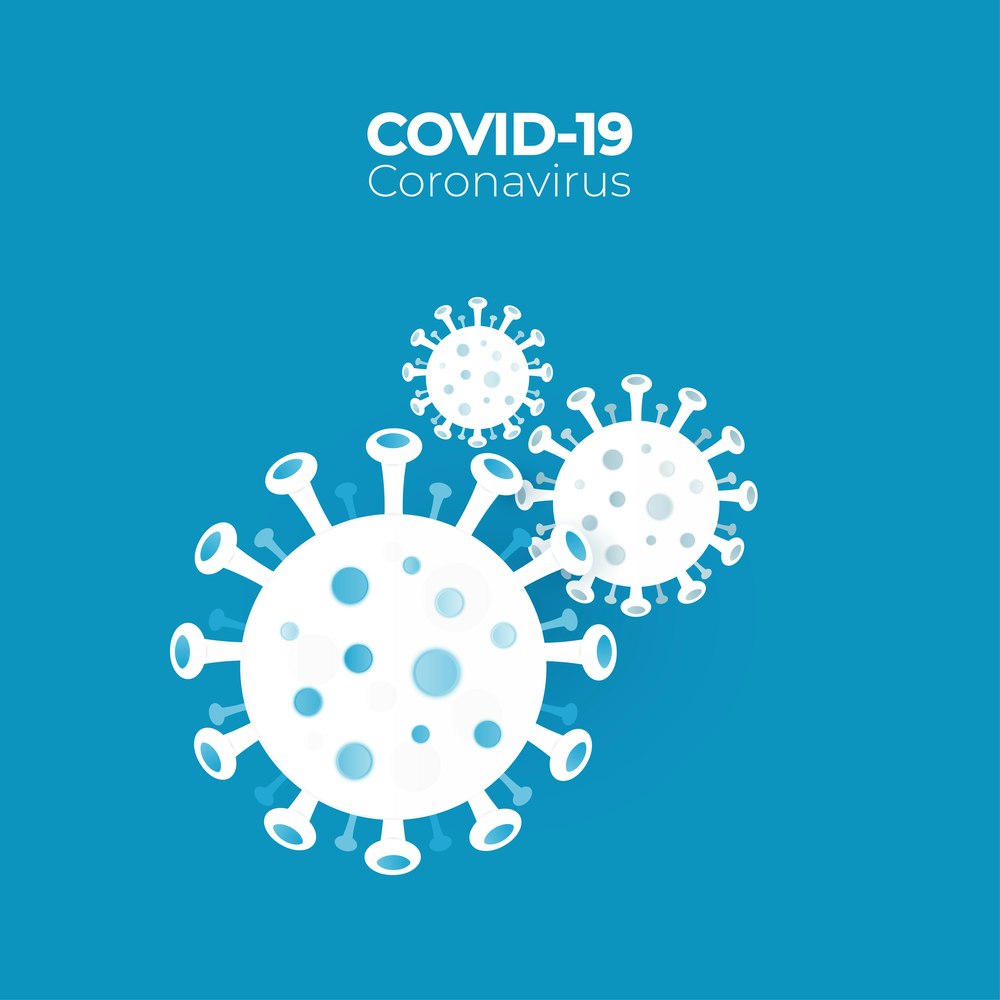Trial designs used during COVID-19 have wider application, say researchers

COVID-19 had a significant impact on trial design according to researchers behind the adaptive I-SPY trial of coronavirus therapies.
The I-SPY COVID study was designed to rapidly screen therapeutic compounds that showed promise as treatments for critically ill patients infected with SARS-CoV-2 who have severe or life-threatening forms of the disease.
The dual aims of the study were to find the therapies that worked and to help ensure patient safety according to Carolyn Calfee from the University of California San Francisco, who write about the study in Nature Medicine earlier this year.
“When COVID-19 became a global pandemic. Infections around the world were skyrocketing, while clinicians faced tremendous uncertainty over how to treat this devastating new infection.
“Hundreds of different therapeutic approaches were proposed, many of which had a relatively weak link to the pathophysiology of COVID-19, our understanding of which was rapidly evolving. Without data to guide clinicians, tens of thousands of patients received a wide range of untested therapies.”
The I-SPY COVID findings helped whittle down a 70-strong list of potential therapies to just three which are being examined in ongoing studies.
But the I-SPY COVID trial may go on to have wider benefits according to Calfee, who cited its design and the decision to focus on signals rather than definitive findings as an example.
“We determined at the outset to seek strong signals of efficacy, while accepting the risk of missing more modest benefits in exchange for the goal of rapidly cycling and testing several agents at a time.
These design decisions have enabled fast progress, with the caveat that I-SPY COVID is signal-finding rather than definitive and so subsequent phase 3 studies will be required for agents that graduate from the trial.
She added that “similar approaches may be useful in future pandemic settings when disease mechanisms are poorly defined, multiple agents need to be rapidly triaged, and/or there is potential for major therapeutic wins.”
Image: Stock Photo Secrets